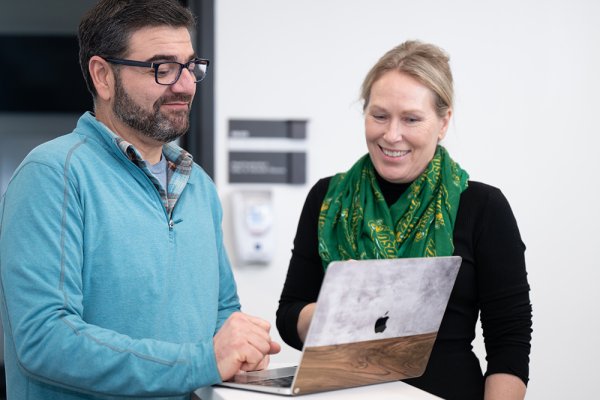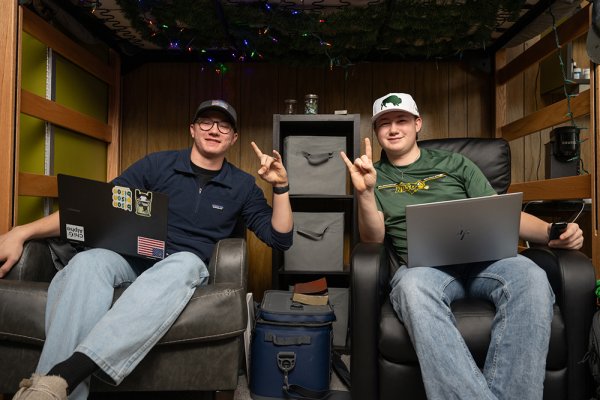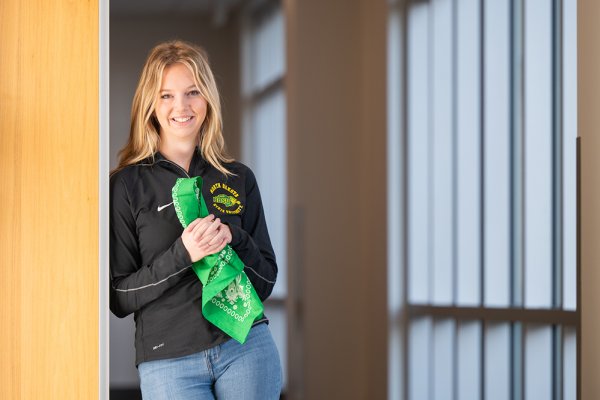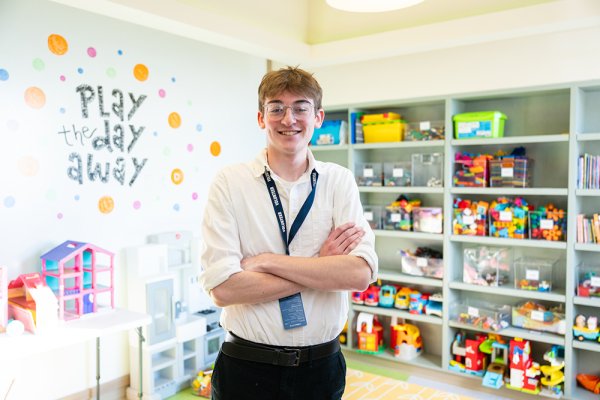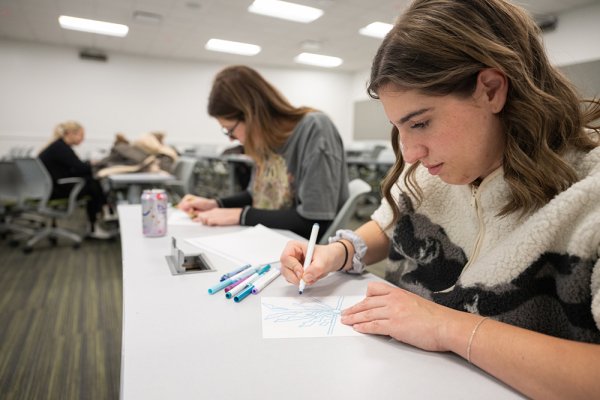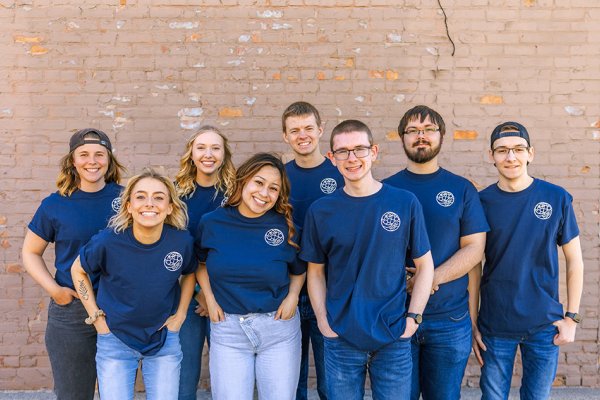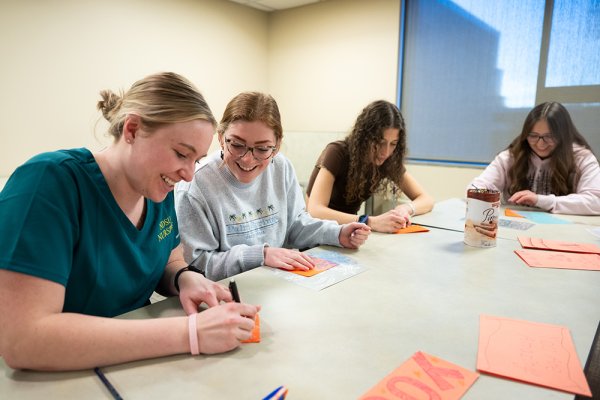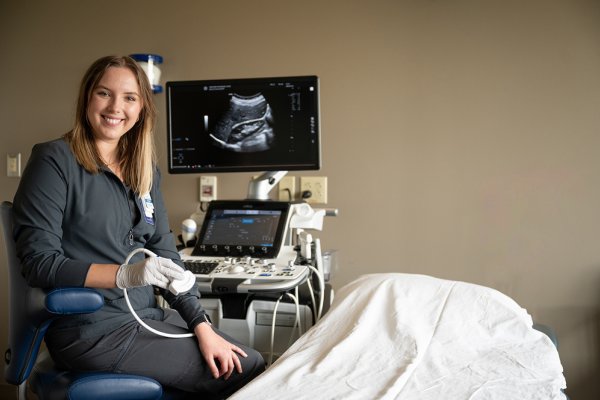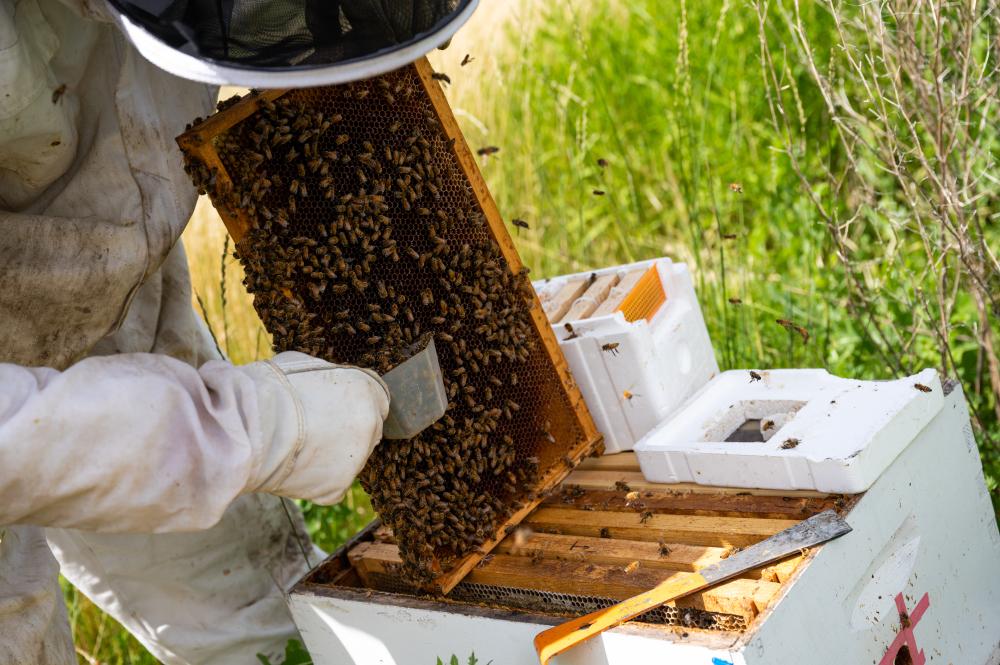
NDSU researchers are helping protect the bee population in the top honey-producing state in the country.
Biological sciences graduate student Alec Andress is one of many researchers working out of the NDSU bee lab led by Julia Bowsher, associate professor of biological sciences. Andress’ research focuses on transportation stress in honeybees.
The movement of transportation causes a defensive response as honeybees are being transported across the United States for pollination. When they arrive at their destination, the bees have a compromised immune system and are less able to fight harmful exposure in the field.
“Imagine if you are sick, you need medicine and you go to the pharmacy,” Andress said. “Well, there’s nothing in the pharmacy. No one’s there to help you. So, you just want a cup of soup. You go to the grocery store and there’s nothing there. Now imagine this whole time you’re looking for stuff, you’re getting shaken. It all piles on.”
Andress simulates the movement in a lab to understand how transportation stresses honeybees. To do this, he takes a half cup of honeybees from one of NDSU’s active hives on campus and places them in a vibrating offset motor. He measures the carbon dioxide output of the bees, shakes them and then remeasures their output to understand how long it may take the bees to recover.
While previous researchers have studied individual honeybees and their metabolic rate, Andress creates nucleus colonies – smaller versions of larger hives – to understand their colony defense mechanism.
“Bees - honeybees, specifically - are social,” Andress said. “It’s really important to look at hive measures in this. You treat that whole hive way differently than you would treat one bee.”
Andress has lots of experience with honeybees: he is a third-generation beekeeper and began researching the species as an undergraduate student at NDSU.
“Research is rewarding,” he said. “With research, there’s so many problems that go wrong. But that is part of the thrill. If this doesn't work, how are we going to solve that? It’s about writing hypotheses, solving those problems, asking those questions: you’re going to get some experience with that working in a lab as an undergrad at NDSU.”
Andress hopes his research will provide more insight into the stress transportation causes on honeybees and may offer solutions that both help the important pollinators and the farmers that need them.
“My goal is not to solve the entire bee crisis, but anything I can do I hope helps,” he said.
For a closer look at Andress’ NDSU experience and NDSU honeybee research, visit the official university YouTube channel.
Be part of impactful research by applying to NDSU today.
